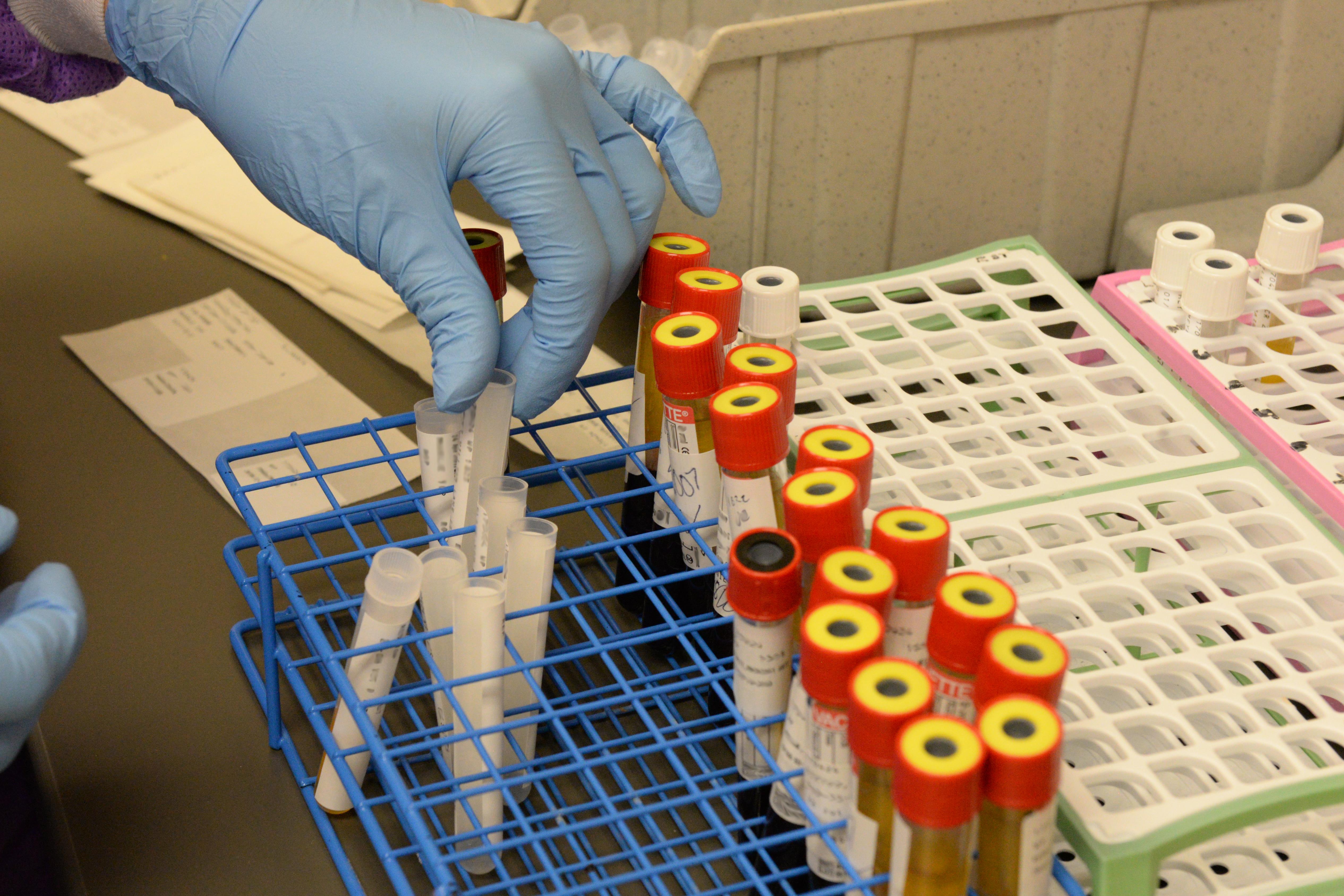Aggregated News

Advances in DNA profiling bring up some interesting questions.
Despite what procedural dramas might lead you to believe, the DNA that police collect at crime scenes can't tell you anything about the characteristics of the person who left it behind. If police have a database of suspects' DNA, then they can match a sample they've swabbed up on-scene with the profiles in the database. But the sample alone can't tell them whether its owner had brown eyes or a propensity for diabetes. In fact, the inability to tell physical traits from law enforcement DNA databases is crucial to their legality: The Supreme Court ruled in 2013 that police are allowed to take DNA samples from people they've arrested for serious crimes—and doing so is not considered an unreasonable search—in part because the DNA markers that police look at "do not reveal an arrestee's genetic traits and are unlikely to reveal any private medical information."
A new study, however, begins to undermine that argument. A team of geneticists from universities in the United States and Canada found a way to...



